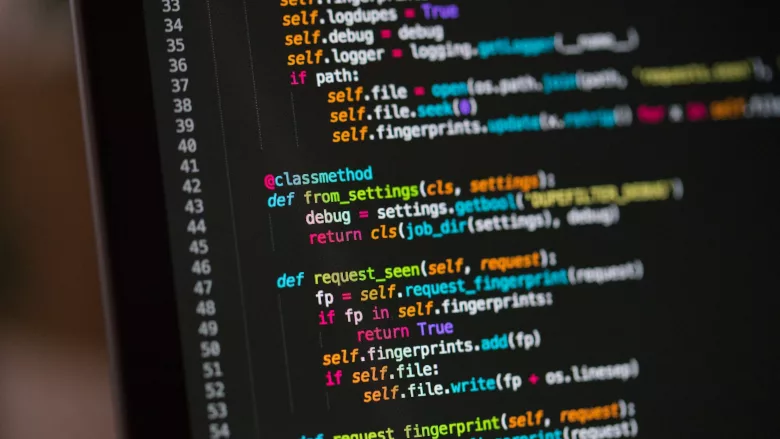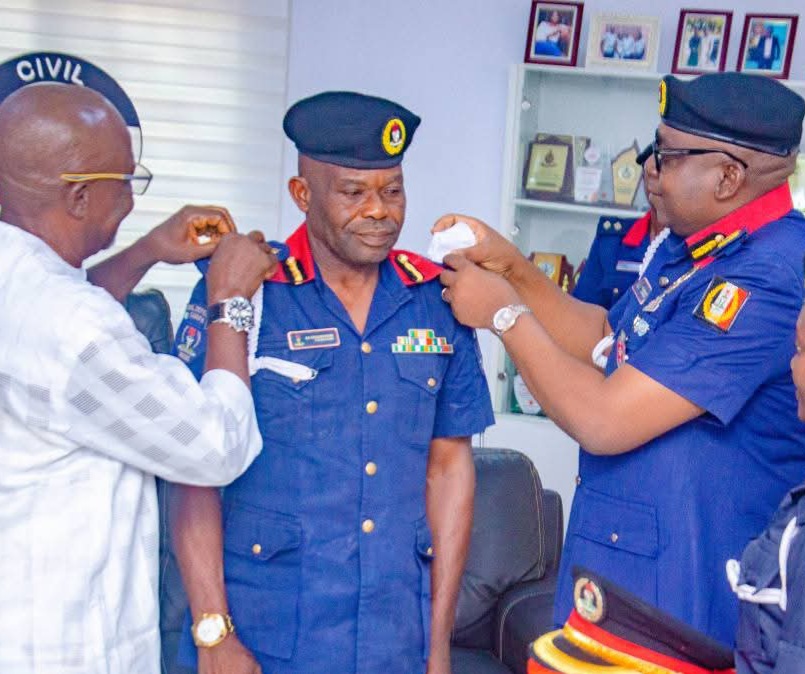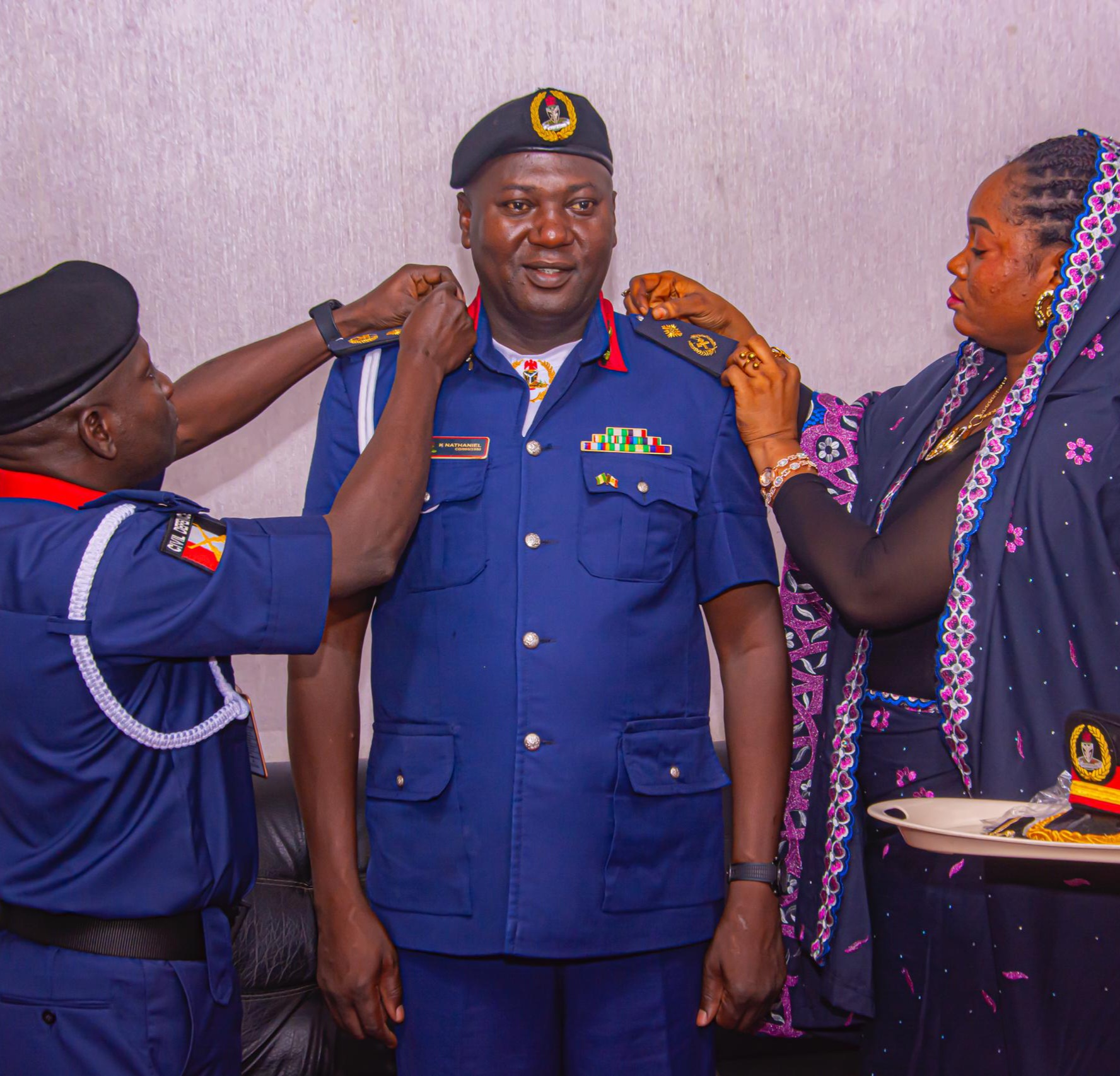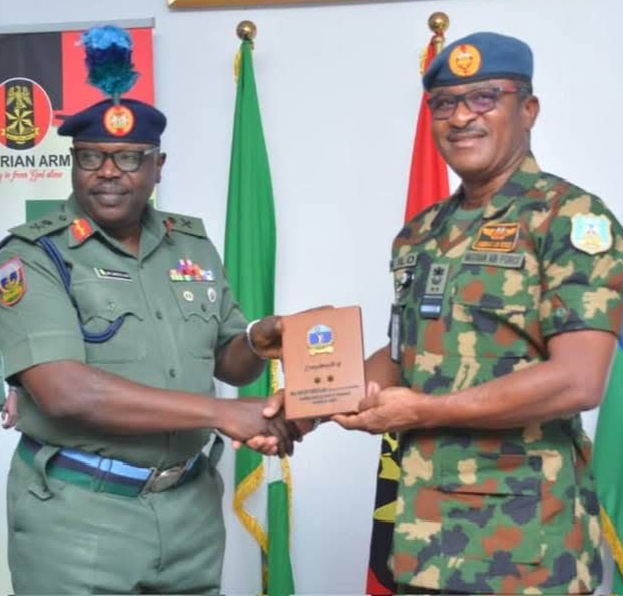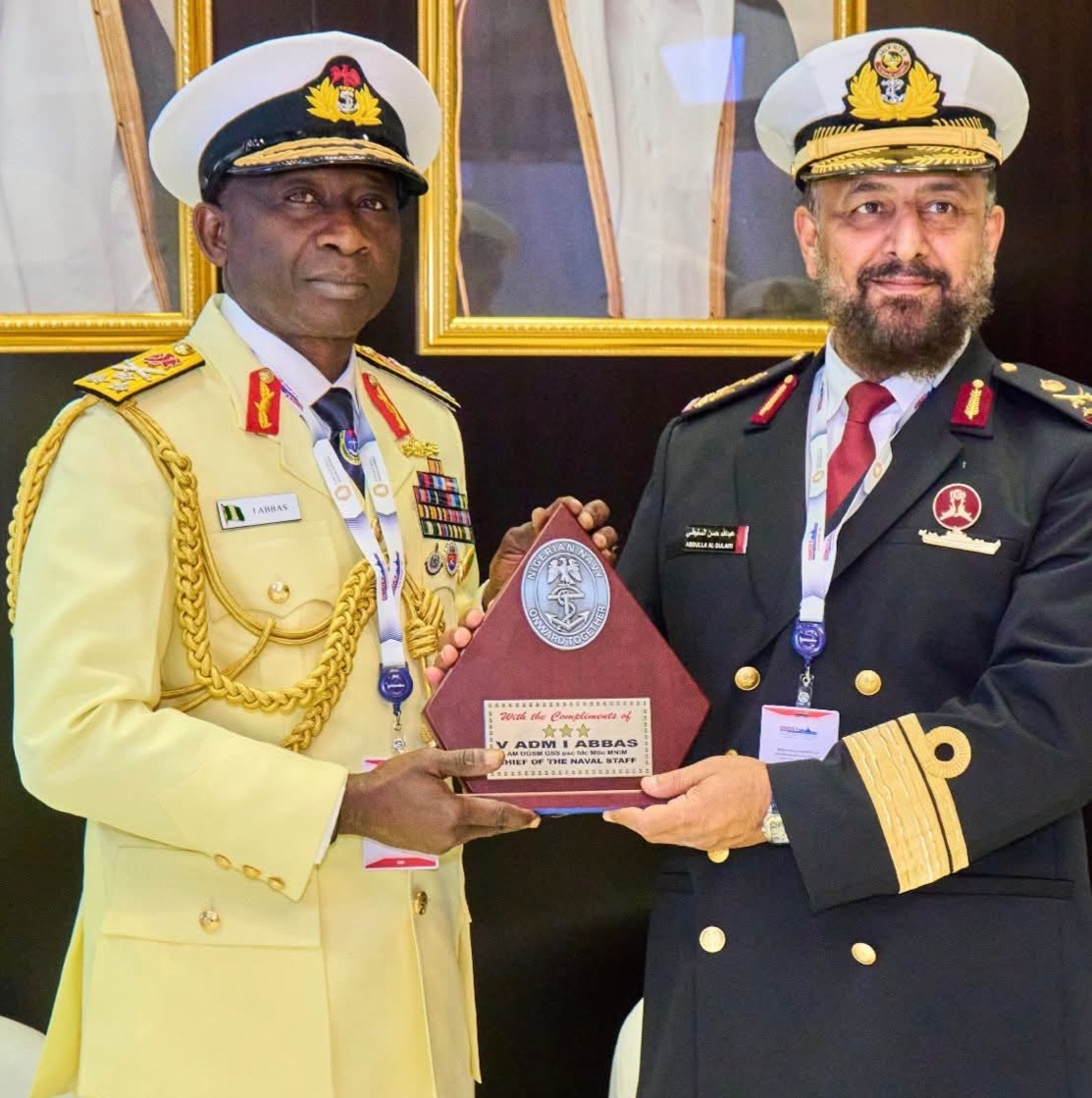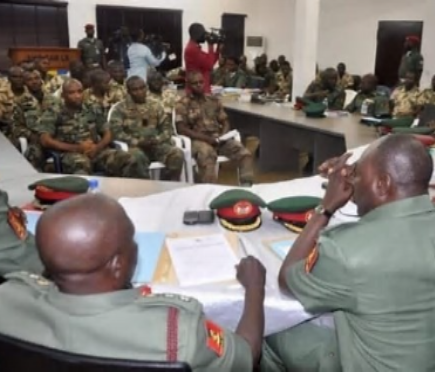

The Nigerian Army has set up a General Court Martial (GCM) to try 20 soldiers and five officers of the 82 Division in Enugu State, for offences ranging from murder, defilement, manslaughter, extortion, and assault on civilians.
This was revealed by the President of the GCM, Brigadier-General Buhari Sadisu, on Tuesday, February 18.
He noted that the court was established by Major-General Oluyemi Olatoye, the General Officer Commanding (GOC) of the 82 Division.
Brigadier-General Sadisu emphasized that the court martial is a key tool used by the Armed Forces to uphold discipline.
He said, “In Court Martial, military personnel alleged to have committed offences known to laws applicable to them are tried and, if found guilty, punished in accordance to the laws criminalising such offences.
“However, where the prosecution failed to establish the allegations against them, the court will discharge and acquit the accused personnel.”
He assured that the court martial would be conducted in accordance with the principles of natural justice and a fair hearing.
Adding that, “It will also be guided by the Constitution of the Federal Republic of Nigeria 1999 (as amended) and other extant laws and procedures related to the trial.”
Sadisu stated that the court martial would operate independently, without any external interference, and ensure that the accused personnel are given enough time and resources to mount their defense.
He mentioned that the court martial is fully mindful of the fundamental principle of our criminal justice system, which asserts that a person is presumed innocent until proven guilty.
Sadisu stated that, “Under our criminal justice system, it is better for 99 guilty persons to be set free than for one innocent person to be convicted.”
He assured the defendants that the court martial would work to ensure justice in their cases by carefully and impartially assessing the evidence presented.
“This is to avoid a situation where an innocent person is made to suffer unjustly,” he concluded.

